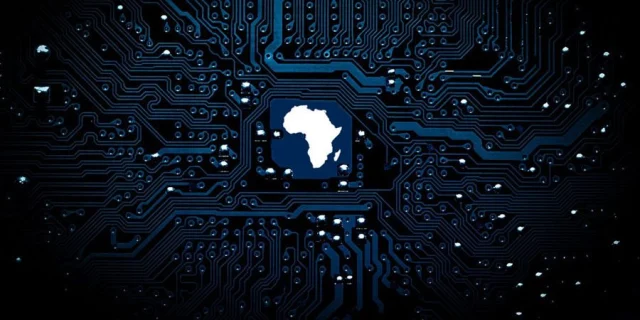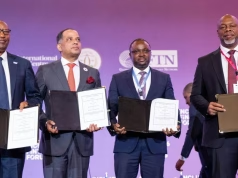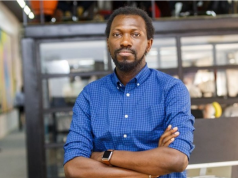Senior executives from Africa’s data centre, telecoms, and cloud sectors have issued a stark warning: the continent’s rapid digital expansion could stall unless urgent action is taken to address deepening energy shortages and a growing exodus of skilled professionals. Speaking at the recent Power of Convergence summit—a gathering of global leaders in connectivity and digital infrastructure—industry experts stressed that while Africa remains one of the world’s fastest-growing digital markets, its ambitions are being undermined by systemic constraints.
Bill Kleyman, CEO of Apolo.us and Executive Chair for Data Centre Programmes at Informa, delivered the keynote address, describing Africa as “a continent on the cusp of a digital transformation.” Yet he cautioned that progress hinges on two critical factors: reliable power and decisive execution. “Connectivity is the lifeblood of modern society—it shapes how we live, work, and innovate,” Kleyman said. “But vision without execution is just hallucination. Africa has a chance to seize its place in this digital gold rush, provided it can overcome its foundational gaps.”
He highlighted that data centre power demand across Africa is rising at 20–25 percent annually and could reach 8,000 gigawatt-hours in the coming years. This surge is driven by expanding internet penetration, mobile broadband growth, and increasing demand for local data hosting. However, with over 600 million Africans still lacking access to electricity, the ability to sustain such growth remains in question.
Johnson Agogbua, CEO of Kasi Cloud, raised another pressing concern during a panel discussion on scaling capacity to 2,500 megawatts: human capital. “We’ll solve power. We’ll improve connectivity,” he said. “But can we train enough people—and keep them here?” His remarks underscored a widening talent gap, as skilled engineers, cloud architects, and cybersecurity specialists increasingly seek opportunities abroad due to limited career progression, inadequate incentives, and underdeveloped innovation ecosystems.
This brain drain threatens not only private sector growth but also national digital sovereignty—the ability of African countries to control their own data, networks, and technological development. Roger Shutte, General Manager for Infrastructure and Cloud Engineering at MTN Nigeria, echoed these concerns, questioning whether the continent can retain the expertise needed to build and manage homegrown digital infrastructure.
Muhammed Rudman, CEO of the Internet Exchange Point of Nigeria (IXPN), emphasized efforts already underway to localize digital traffic and reduce dependency on foreign servers. “Before now, Nigerian networks were largely access networks—constantly reaching out for content hosted overseas,” he explained. “What we’re doing now is bringing that content home, improving speed, reducing latency, and keeping data within our borders.”
Despite these initiatives, structural challenges persist. Temitope Osunrinde, Executive Director of Africa Hyperscalers, opened the summit by laying bare the scale of the imbalance: Africa accounts for 18 percent of the global population but less than two percent of worldwide data centre capacity and under one percent of compute power. An estimated 80 percent of African-generated data is still stored offshore, exposing businesses and governments to risks around privacy, compliance, and resilience.
While global momentum is building—with major investments from Meta, Google, Equinix, Raxio, Digital Realty, and Nvidia in subsea cables and new facilities—Osunrinde called on African governments to accelerate regulatory reforms, fast-track project approvals, liberalize telecom markets, and incentivize renewable energy adoption to support scalable digital infrastructure.
Panels also explored Africa’s readiness for artificial intelligence, with Dr. Kashifu Inuwa Abdullahi, Director General of the National Information Technology Development Agency (NITDA), joining representatives from MTN and Business Finland to discuss responsible AI integration in enterprise systems. But even in emerging technologies, the same bottlenecks apply: no computing without power, no innovation without talent.
The consensus among speakers was clear: Africa’s digital future will depend not only on capital and technology but on coordinated action across policy, energy, education, and workforce retention. As global hyperscalers expand their footprint, the window is narrowing for African nations to ensure they are not just participants in the digital economy—but owners of it.
Without addressing the Africa digital infrastructure challenges of power and talent, the dream of a self-sustaining, sovereign digital ecosystem may remain out of reach.
Follow us on Instagram.
https://www.instagram.com/businessnewsng?igsh=ZXpweTdjOGF1ZXdu

























